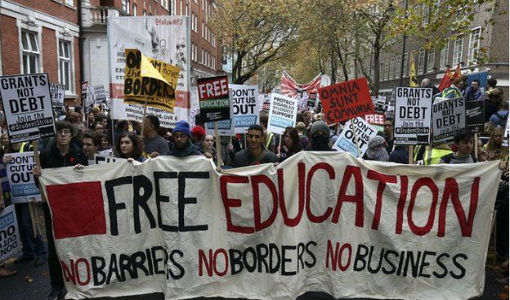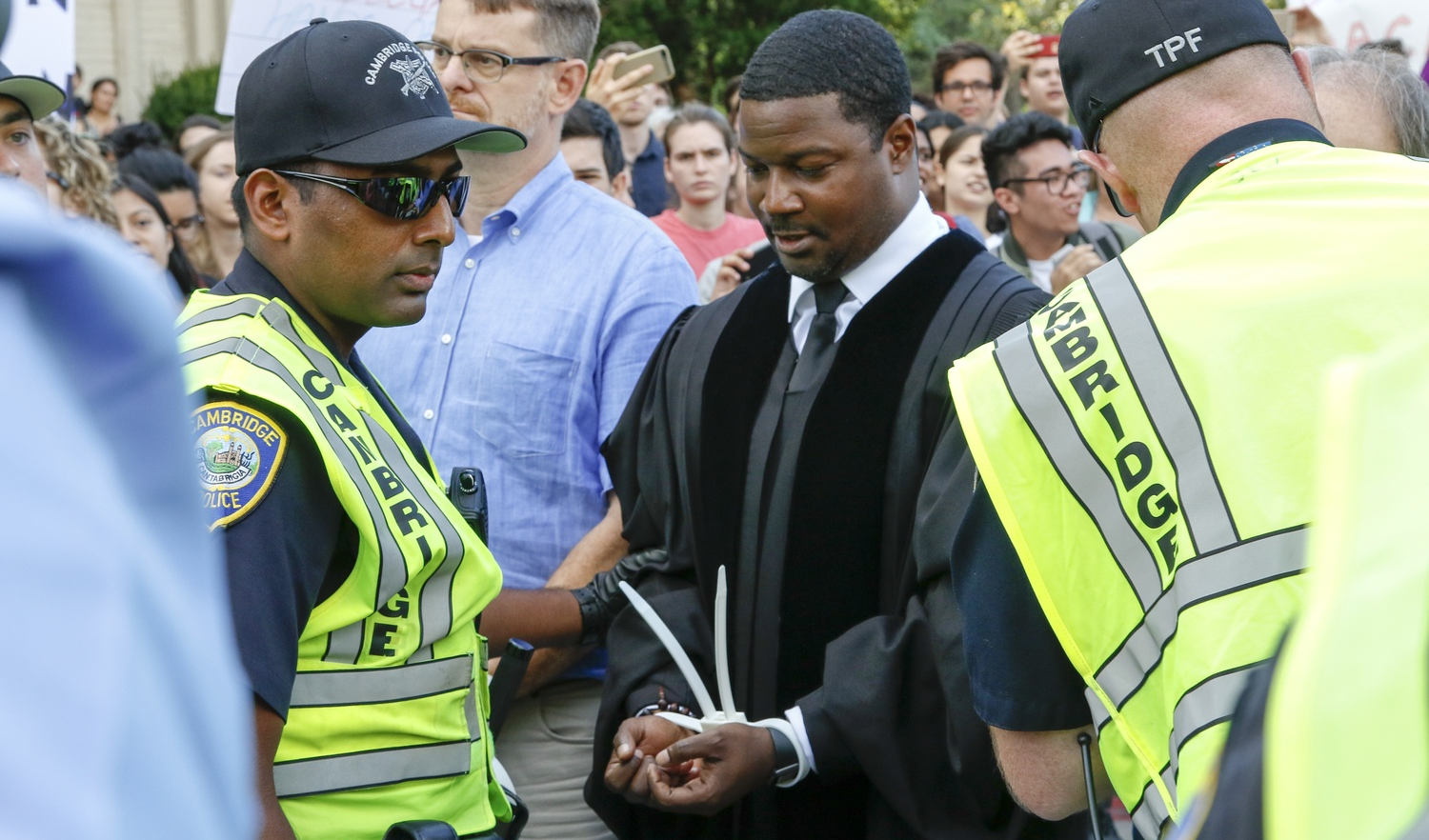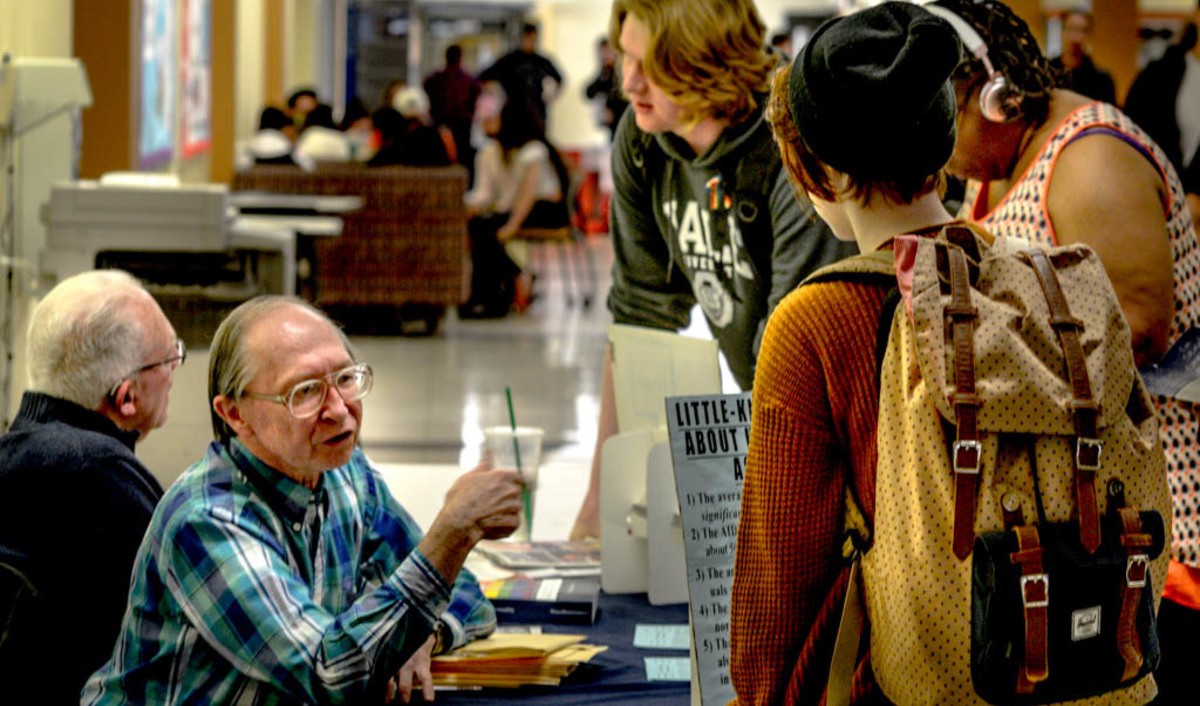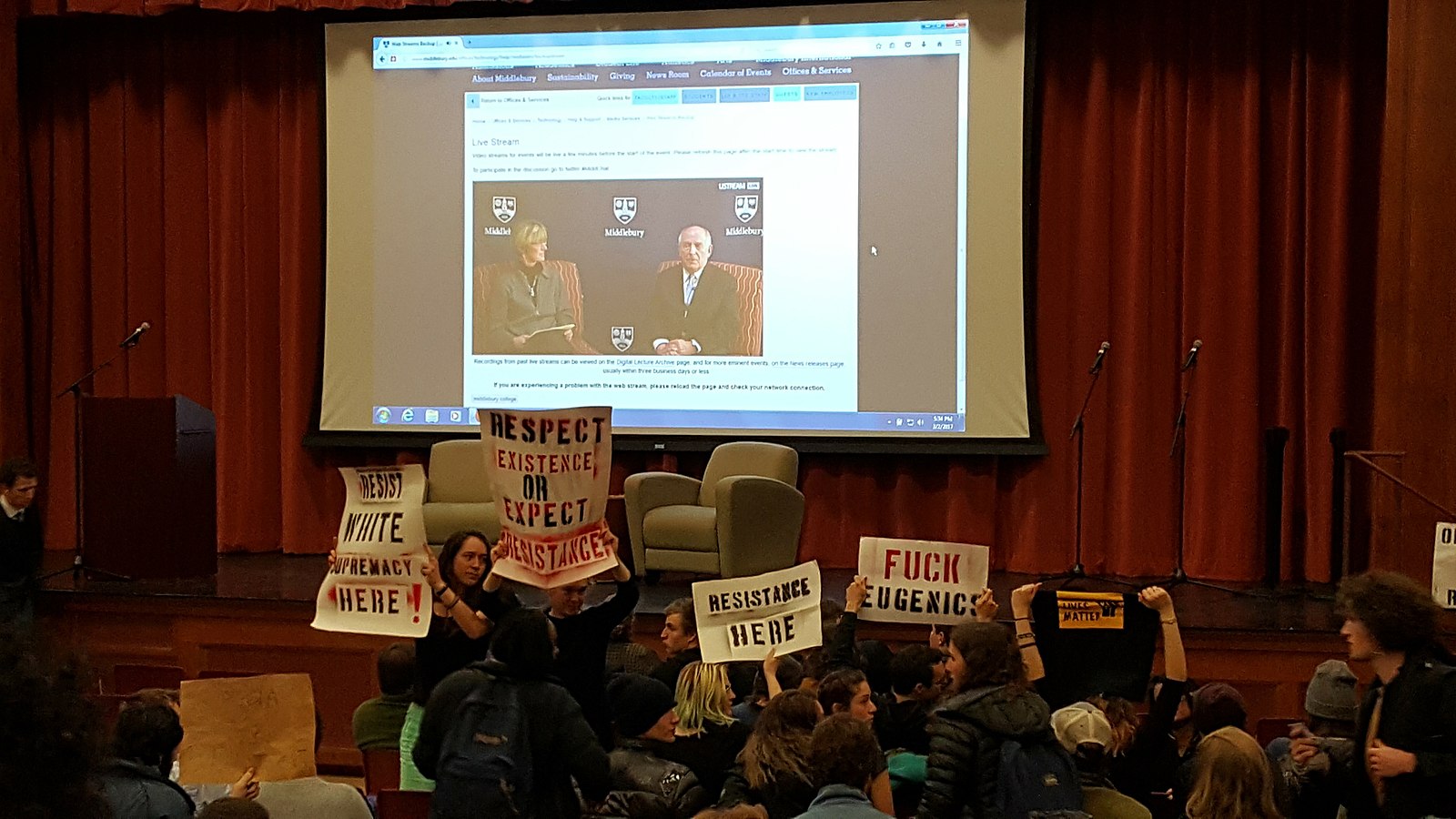Overview
Student protests are a long-standing feature of campus life, and even contentious demonstrations for social change should be zealously protected. At the same time, protesters should not be permitted to exercise the so-called heckler’s veto, shutting down, shouting down, or obstructing the speech of their opponents. Short of a proportionate response in self-defense, it is never justified for protesters to resort to violence.
See resources by role:
The Law
The First Amendment protects peaceful assembly and protest. This means students, faculty, and administrators alike enjoy a constitutional right to engage in protected speech in order to debate, protest, and express themselves. The government may impose some restrictions on the right to assemble so long as it is without regard to the content or message of the expression.
See Protest and Assembly in the law section
External Resources
Our Principles
- While violence, threats, and harassment are never appropriate, vociferous, adamant, and even disrespectful argument and protest have their place.
- College should be acknowledged as a time for students to engage with new ideas and participate in robust debates, which can involve testing boundaries and experimenting with forms of speech and activism. As such, consequences for errors of judgment should be commensurate, and geared toward the possibility of learning and future improvement.
- When a speaking invitation sparks protests, those who object and wish to protest should have an opportunity to make themselves heard.
- Protesters should not be permitted to shutdown, shout-down or obstruct speech, preventing others from hearing the speaker.



